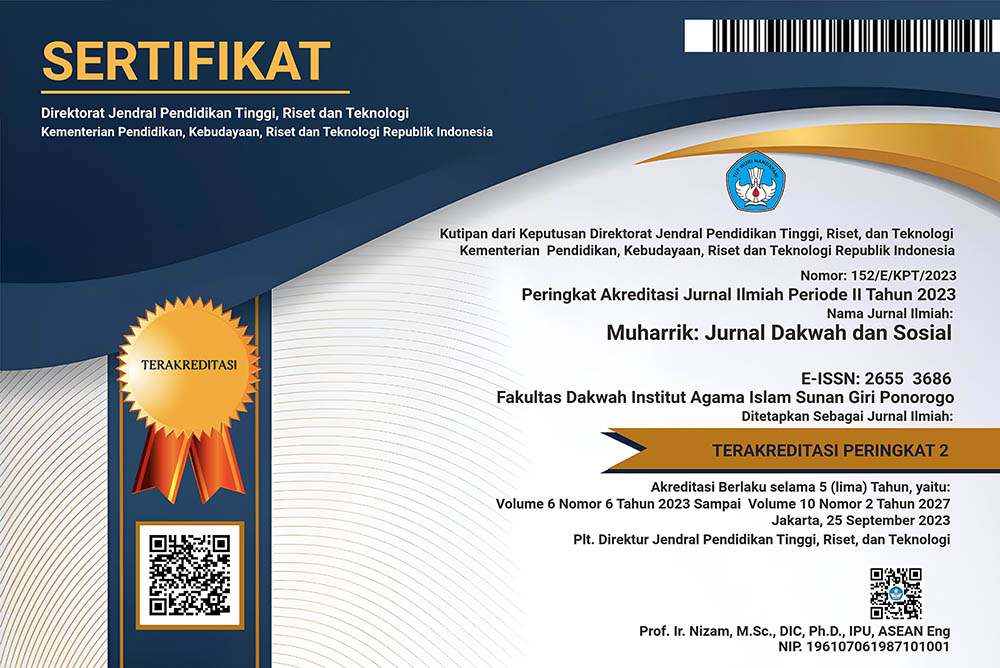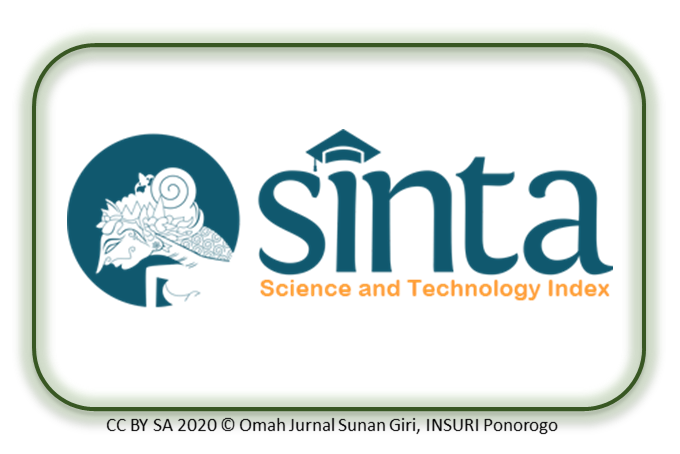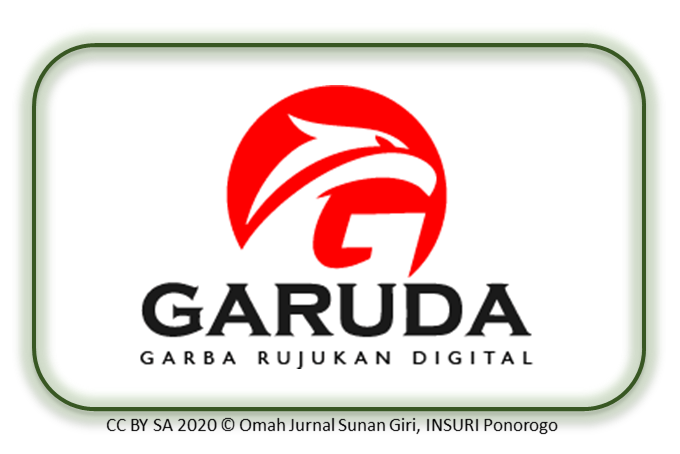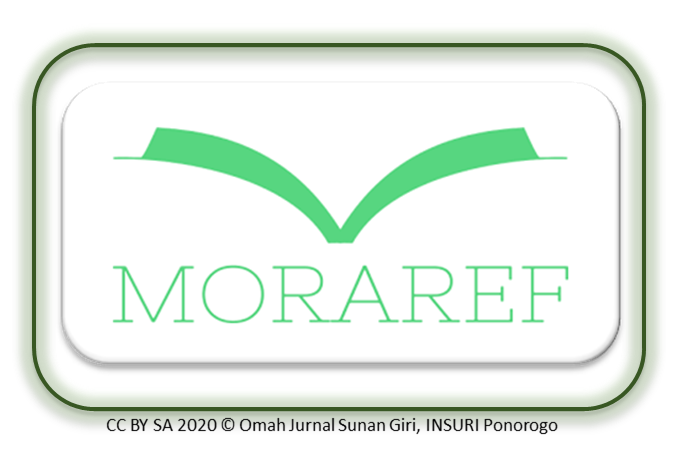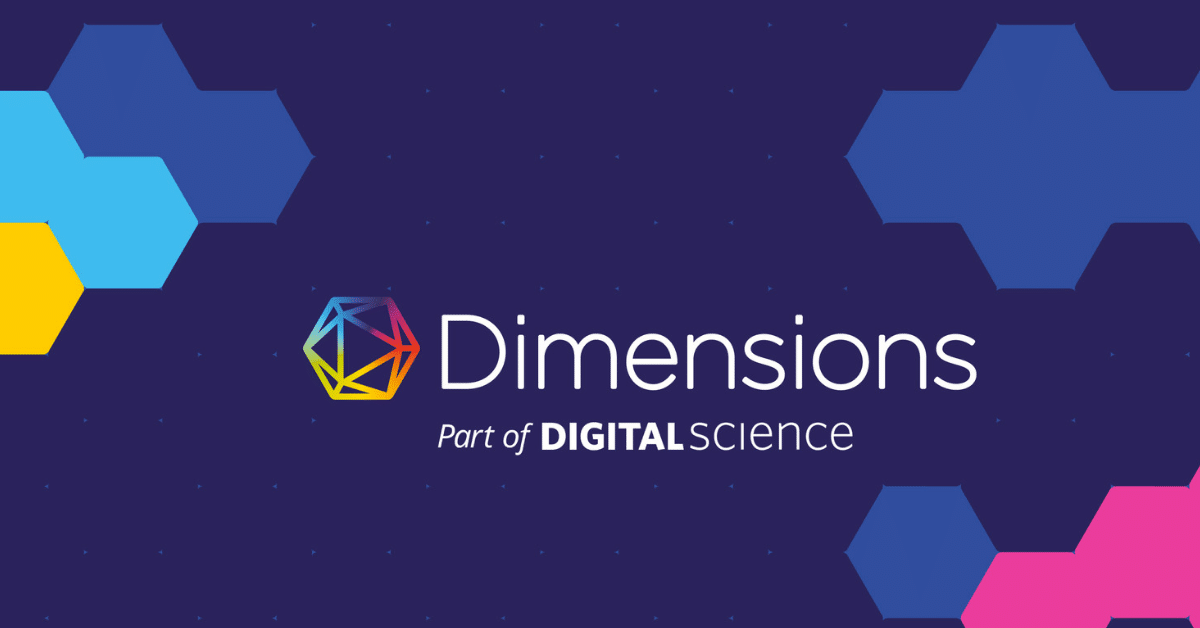New Media and Social Construction of Technology (SCOT) on Cak Ed Online Delivery Service in Lamongan Regency
Keywords:
Social Construction, Online Delivery,, Cak Ed Delivery, New MediaAbstract
The study analyzes Cak Ed's online delivery service in Lamongan using SCOT (Social Construction of Technology) theory. The data collection method in this study used observations on social media and interviews. SCOT theory is relevant for analyzing technological developments as social constructions in society. The development of information and communication technology is influenced by how the community can innovate to create new things through technology. The presence of communication technology in terms of transportation for online delivery services, Cak Ed Delivery, in Lamongan Regency is a real example of the implementation of social construction in society and new media. This study indicates that Cak Ed Delivery as local online transportation in Lamongan Regency can compete and develop forward as a solution to overcome the problems of the people of Lamongan Regency in terms of transportation and shopping in an easy, cheap, fast, safe, and comfortable way.
References
Arisanty, D., & Farida, L. E. (2018). Perkembangan Layanan Transportasi Masyarakat di Era Digital (Studi Tentang Ojek Online "GO-JEK" di Banjarmasin). Jurnal Prosiding Seminar Nasional ASBIS Politeknik Negeri Banjarmasin, 113-120.
Bijker, W. E., Hughes, T. P., & T. P. (1993). The Social Construction of Technological System (4nd ed.). London: First MIT Press Paperback .
Creswell, J. W. (2017). Research Design: Quantitative and Qualitative Approach. Thousand Oaks, CA: Sage Publications.
Efendi, A., Astusi, P. I., & Rahayu, N. T. (2017). Analisis Pengaruh Penggunaan Media Baru Terhadap Pola Interaksi Sosial Anak Di Kabupaten Sukoharjo. Jurnal Penelitian Humaniora, 12-24.
Gumelar, R. G. (2013). Konvergensi Media Online. Jurnal Komunikasi, 6-14.
Gushevinalti, P. S., & H. S. (2020). Tranformasi Karakteristik Komunikasi Di Era Konvergensi Media. Bricolage: Jurnal Magister Ilmu Komunikasi, 83-100.
Irwanto, & Irwansyah. (2020). Pendekatan Social Construction of Technology Untuk Teknologi Pendidikan di Indonesia. Jurnal Media Komunikasi FPIPS, 28-41.
Juniarto, E. T. (2021, 4 28-29). Wawancara Mengenai Online Delivery "Cak Ed Delivery" Kabupaten Lamongan. (Nur Mahmudah El Madja, Mahasiswi Magister Media dan Komunikasi Universitas Airlangga, Surabaya), Interviewer)
Khairil, & Ginta, P. W. (2012). Implementasi Penggunaan Database Menggunakan MD5. Jurnal Media Infotama, 29-44.
Kurnia, N. (2005). Perkembangan Teknologi Komunikasi dan Media Baru: Implikasi terhadap Teori Komunikasi. Jurnal MediaTor, 291-296.
Latuheru, M. N., & Irwansyah. (2019). Aplikasi Treveloka Sebagai Bentuk Konstruksi Sosial Dalam Dunia Siber. Jurnal Kajian Media, 80-88.
Lister, M. Dovey. J., S.G., G. I., & K. K., (2009). New Media A Critical Introduction (2nd ed.). USA Canada: Routledge.
McQuail, D. (2010). Teori Komunikasi Massa. Jakarta: Salemba.
Mujiburrahmad, A. B., D. S., & E. I. (2020). Minat Masyarakat Terhadap Usaha Delivery Order Produk Pertanian Di Kota Banda Aceh . Jurnal Sosial, Ekonomi Pertanian, 71-82.
Nadif, A. S., & Wijaya, N. Q. (2019). Strategi Pemasaran Online Food Delivery Grab Food Pada Wirausaha (Study Kasus Kedai Mie Bajak Pangaran Sumenep). Jurnal Seminar Nasional Optimalisasi Sumberdaya Lokal di Era Revolusi Industri 4.0, 285-292.
Nathalia, H. B., & Irwansyah. (2018). Aplikasi Transportasi Online GO-JEK Bentuk Dari Konstruksi Sosial Teknologi Dalam Media Baru. Jurnal MediaTor, 227-235.
Nawari, & S. M. (2020). Pengaruh Kualitas Pelayanan, Harga, Dan Citra Merek Terhadap Kepuasan Pelanggan Pengguna Jasa Transportasi Ojek Online Di Lamongan. Jurnal Humaniora, 123-135.
Ngafifi, M. (2014). Kemajuan Teknologi dan Pola Hidup Manusia dalam Perspektif Sosial Budaya. Jurnal Pembangunan dan Pendidikan: Fondasi dan Aplikasi, 33-47.
Nurbayati. (2018). Tren Penggunaan Aplikasi Go-Food Di Era Digital (Studi Fenomenologi Penggunaan Go-Food di Universitas Amikom Yogyakarta). Jurnal Komunikasi, Masyarakat, dak Keamanan (KOMASKAM), 1-10.
Nurhadi, W., & Irwansyah. (2018). Crownfunding Sebagai Konstruksi Sosial Teknologi dan Media Baru. Jurnal Komunikasi dan Kajian Media, 1-12.
Octavianto, A. W. (2014). Strukturasi Gidden dan Social Contruction Of Technology Sebagai Pisau Analisis Alternatif Penelitian Sosial Atas Teknologi Media Baru. Jurnal Ilmu Komunikasi ULTIMA COMM, 41-57.
Permana, B. S., & Mahameruaji, J. N. (2019). Stratrategi Pemanfaatan Media Baru NET TV. Jurnal Studi Komunikasi dan Media, 21-35.
Putra, K. A., N. F., & F. H. (2020). Meditasi Layanan Pesan Antar Makanan Di Indonesia Melalui Aplikasi Go-Food. Islamic Communication Journal, 114-124.
RPI2-JM. (2020). Penyusunan Rencana Program Investasi Infrastruktur Jangka Menengah (RPI2JM) Tahun 2016-2020 Kabupaten Lamongan. Dokumen BAB IV Kabupaten Lamongan, 1-12.
Sarinastiti, E. N., & Vardhani, N. K. (2018). Co-Branding Online Food Delivery: The Transformation Of Local Culinary Tourism Business Model In Yogyakarta. AdBIspreneur: Jurnal Pemikiran dan Penelitian Administrasi Bisnis dan Kewirausahaan, 177-193.
Sirrojudin, A. M., & Irwansyah. (2020). Fleksibilitas Interpretatif Dan Konstruksi Sosial Pada Pengguna Aplikasi Kesehatan Mobile (Studi Kasus Pada Halodoc). Jurnal Penelitian Komunikasi dan Opini Publik, 139-154.
Wahyudi, H. S., & Sukmasari, M. P. (2014). Teknologi dan Kehidupan Masyarakat. Jurnal Analisa Sosiologi, 13-24.
Downloads
Published
Issue
Section
License
The author(s) retain/s the copyright and grant/s Muharrik: Jurnal Dakwah dan Sosial the first publication rights licensed under the Creative Commons Attribution-NonCommercial 4.0 International (CC BY-NC 4.0) , which allows others to access (search, read, download and quote), share (copy and redistribute the material in any media or format) and adapt (mix, modify and develop) works for legitimate non-commercial purposes, with recognition of the authorship of the work and its initial publication in this journal.


